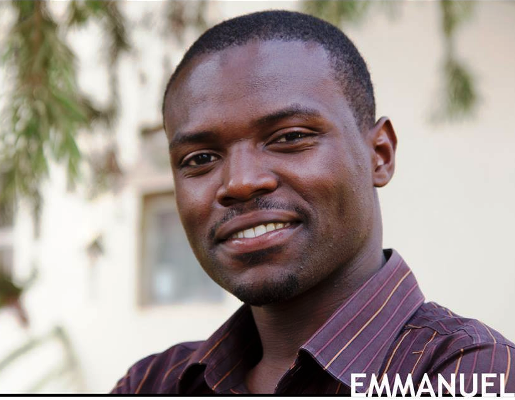The world of development has a new milestone – the adoption of a new global development agenda – the Sustainable Development Goals. Apart from being more than the MDGs in number, the list demonstrates an ambitious and costly path to global development.
Like any other development plan, the SDGs will need and continue to require huge financial investments. With development partners in the west, America specifically, advocating budget cuts, one of the pertinent issues is who will fund these very ambitious and yet plausible milestones?.
While the need to debate the above remains irrefutable, the real question is how do we make donors and individual sponsors feel that they are giving to the right cause and that their money will empower, the disempowered and last mile communities?.
One person once remarked “ foreign aid is money coming from poor people in the west, going to rich people in the south”.
There is increasing erosion of trust by individual donors and governments alike, have to convince their electorates that their taxes are funding legitimate causes. In no other generation, has trust in development funding been questioned this much.
Whilst, its easy to look to implementers of development programs, donors and recipient governments need to be called for their prioritization and tieing investments to specific sectors. As one writer once remarked “ In a village, when your neighbors come to you for salt, do not say you can only offer sugar”. Development needs to create values of dignity and respect for individual choices for a life, poor people have reason to value. Donations, interactions with poor people, need to have this paradigm as part of their design. Money should be an empowerment tool and not a control resource.
We all need to localize development and allow the people whose needs are targeted define what investments need to be priority.
People who are not rural nor poor, should never decide on behalf of those are both.
Mainstream and traditional models of development are disempowering and working in reverse to what development should be all about – people.
Many actors in development are recognizing the need to revolutionize development investments and make development community led. The Hunger project has spearheaded the launch of a Community Led Development Movement, a network of people and Organizations committed to the sustainable Development Goals and advocating for the power and capacity of communities to be in charge of their own development.
The Hunger Project Uganda, Heifer International Uganda and Spark MicroGrants in Uganda are pioneering the launch of a Community Led Development Chapter in Uganda by September.
Why does a community led development agenda matter
Dignity: Rural poor people have the opportunity to shape the life they desire and making development a village process, retains the fundamental principle of dignity and somebodiness.
Gender Empowerment: Locally led initiatives rely on every community member’s idea and contribution. Everyone matters and everyone’s idea is welcome.This notion is incompatible with patriarchal standards and enables rural villages to ascend above cultural obsessions that lock women and girls and other marginalized groups in discrimination and segregation from public life opportunities.
Sustainability: Local breeds of cattle survive harsh climatic conditions and local innovations thrive where imported knowledge fails. When poor people have the opportunity to design their own initiatives, they often thrive given ownership and contextual applicability. There are always positive deviants in every village, whose innovations and imaginations could be leveraged for breakthrough
Accountability and Good Governance: A key ingredient to good governance are strong institutions. Enhancing rural structures to hold local level leadership structures accountable, goes a long way in introducing needed checks and balances.
Localizing development, evokes the values of dignity and respect for human potential, both of which are being undermined by mainstream development interventions. The cost of delivering community led development is by far less than the expert driven models, often requiring that experts spend more time defining the challenges of poor people than allowing poor people address their most urgent needs with the same resources. Albeit the need for more financing, how we make development more local remains a challenge and opportunity for the SDGs to be attained.











